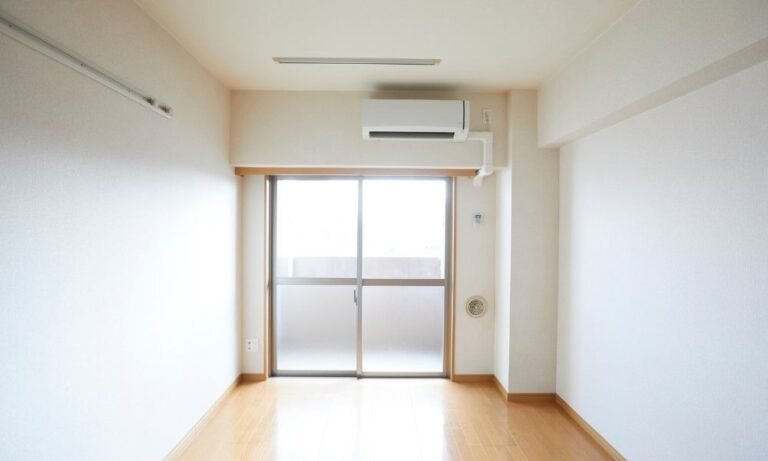Common Civil Rights Violations And How To Address Them?
The objectives of civil rights are to safeguard people against unfair treatment and to provide equal opportunities in society. Despite the strength of existing laws, violations remain common, often leaving victims uncertain about where to turn for help. Recognizing these violations and understanding how to address them is the first step toward securing justice. From discrimination in public spaces to restrictions on voting, civil rights violations take many forms, and each requires careful action to resolve. For individuals seeking guidance on pursuing claims of workplace or housing discrimination, firms like Dhillon Law provide experienced representation to protect civil rights.
Employment Discrimination
One of the most widespread civil rights issues occurs in the workplace. Employees may experience discrimination in hiring, promotions, pay, or termination based on protected traits such as race, gender, disability, religion, or age. For example, a qualified applicant may be denied a position because of their ethnicity, or an employee may receive lower pay than colleagues performing the same job because of gender bias.
How To Address It? Victims should begin by documenting incidents, saving emails, performance reviews, or any evidence that supports the claim. The next step is frequently to file a complaint with the state’s fair employment agency or the Equal Employment Opportunity Commission (EEOC). Consulting an employment rights lawyer can also help in determining whether to pursue legal action for compensation or policy changes.
Housing Discrimination
Another common violation occurs in housing. Landlords, sellers, or lenders may treat individuals unfairly due to race, family status, disability, or other protected categories. Examples include refusing to rent an apartment to someone with children, denying mortgage applications unfairly, or refusing reasonable accommodations for tenants with disabilities.
How To Address It? The U.S. Department of Housing and Urban Development (HUD) accepts complaints from victims. Legal assistance is valuable in these cases, as housing discrimination often involves subtle practices that require careful investigation and legal expertise to prove.
Voting Rights Violations
The right to vote is a cornerstone of democracy, yet it remains vulnerable to unfair practices. Examples include voter suppression through restrictive ID laws, improper purging of voter rolls, intimidation at polling places, or limited access to polling stations in certain communities. These tactics disproportionately affect minority and disadvantaged groups.
How To Address It? Organizations such as the American Civil Liberties Union (ACLU) and the Department of Justice handle voting rights claims. Citizens who face barriers should report them immediately, document their experiences, and, when possible, seek help from advocacy groups. Taking swift action helps preserve both individual rights and the integrity of the democratic process.
Police Misconduct
Civil rights violations can also occur through law enforcement misconduct. Instances of racial profiling, excessive force, or unlawful searches and seizures undermine trust in the justice system. Victims often feel powerless when authority figures abuse their positions.
How To Address It? Filing a complaint with internal affairs divisions or oversight boards is an important first step. Section 1983 of the Civil Rights Act lets people who have had their constitutional rights violated file federal claims against government agents. Engaging an attorney experienced in civil rights litigation is critical in these cases.
Education Inequality
Schools are meant to be safe, inclusive environments, yet discrimination continues to occur. Students may face unequal access to programs, unfair disciplinary actions, or harassment based on race, gender, or disability. For instance, denying a student with disabilities reasonable accommodations is a violation of both federal and state education laws.
How To Address It? Grievances may also be submitted directly to the U.S. Department of Education’s Office for Civil Rights for investigation and resolution. Parents and students should keep thorough records of incidents and request written explanations of school policies. Legal intervention may be necessary if the school fails to take corrective action.
Public Accommodation Discrimination
Civil rights laws also extend to public spaces such as restaurants, stores, and transportation. Denying service or providing unequal treatment based on protected traits constitutes a violation. Examples include refusing entry to individuals with service animals or treating customers differently because of race.
How To Address It? Victims should report incidents to local civil rights commissions or file federal complaints under the Civil Rights Act. In many cases, quick reporting ensures faster investigation and resolution.
Conclusion
Civil rights violations remain a serious challenge, affecting individuals in workplaces, schools, housing, voting booths, and public spaces. Addressing these issues requires awareness, documentation, and often the assistance of legal professionals or government agencies. By recognizing common violations and taking appropriate action, citizens not only protect their own rights but also contribute to a society that values fairness, equality, and justice for all.




